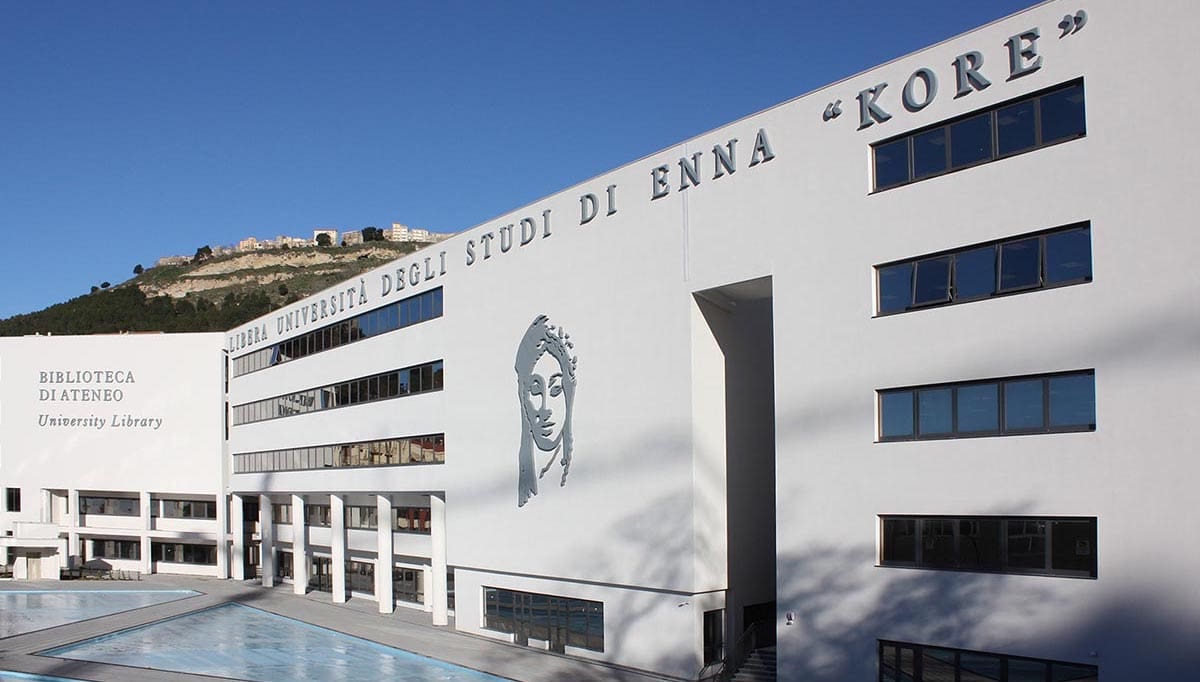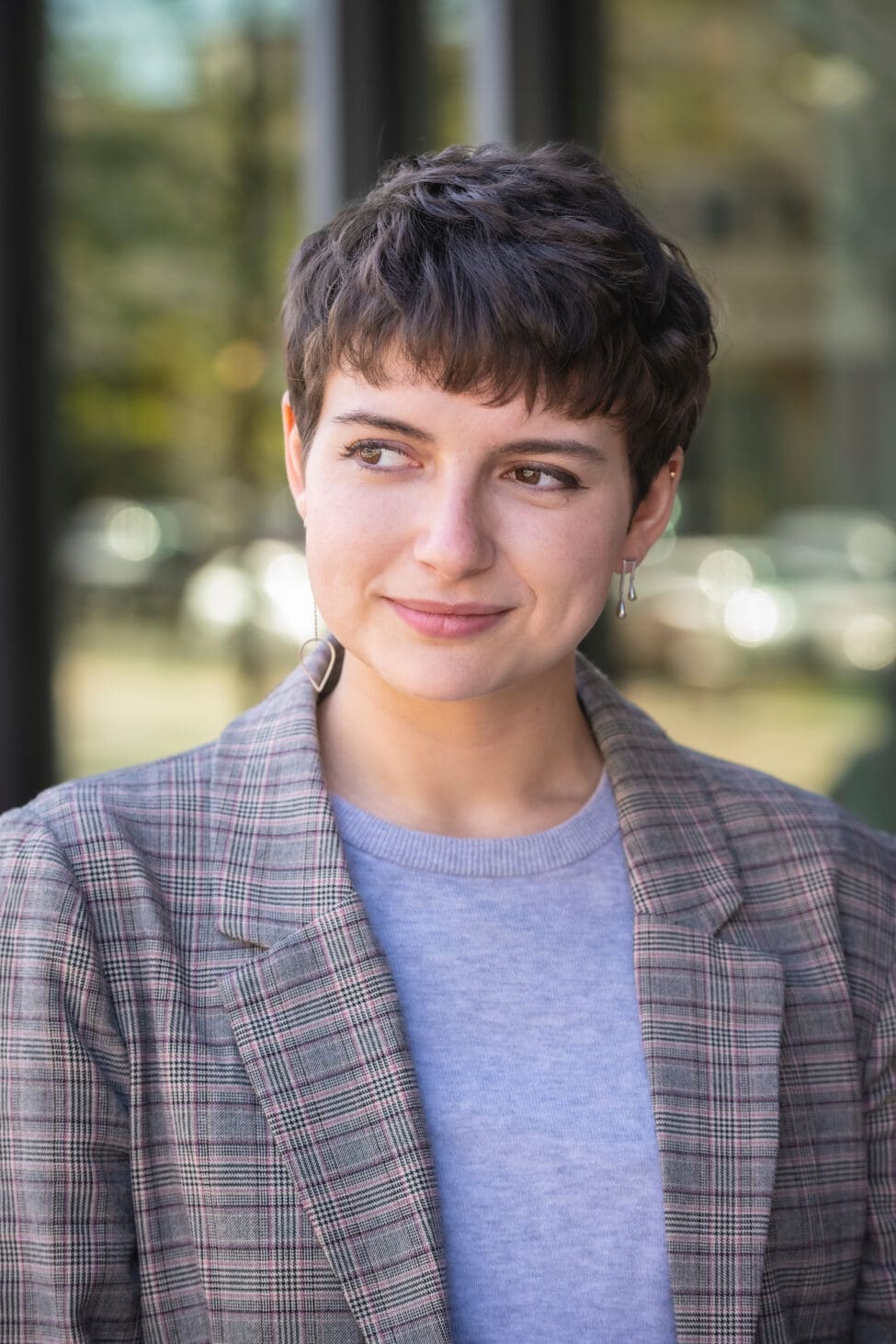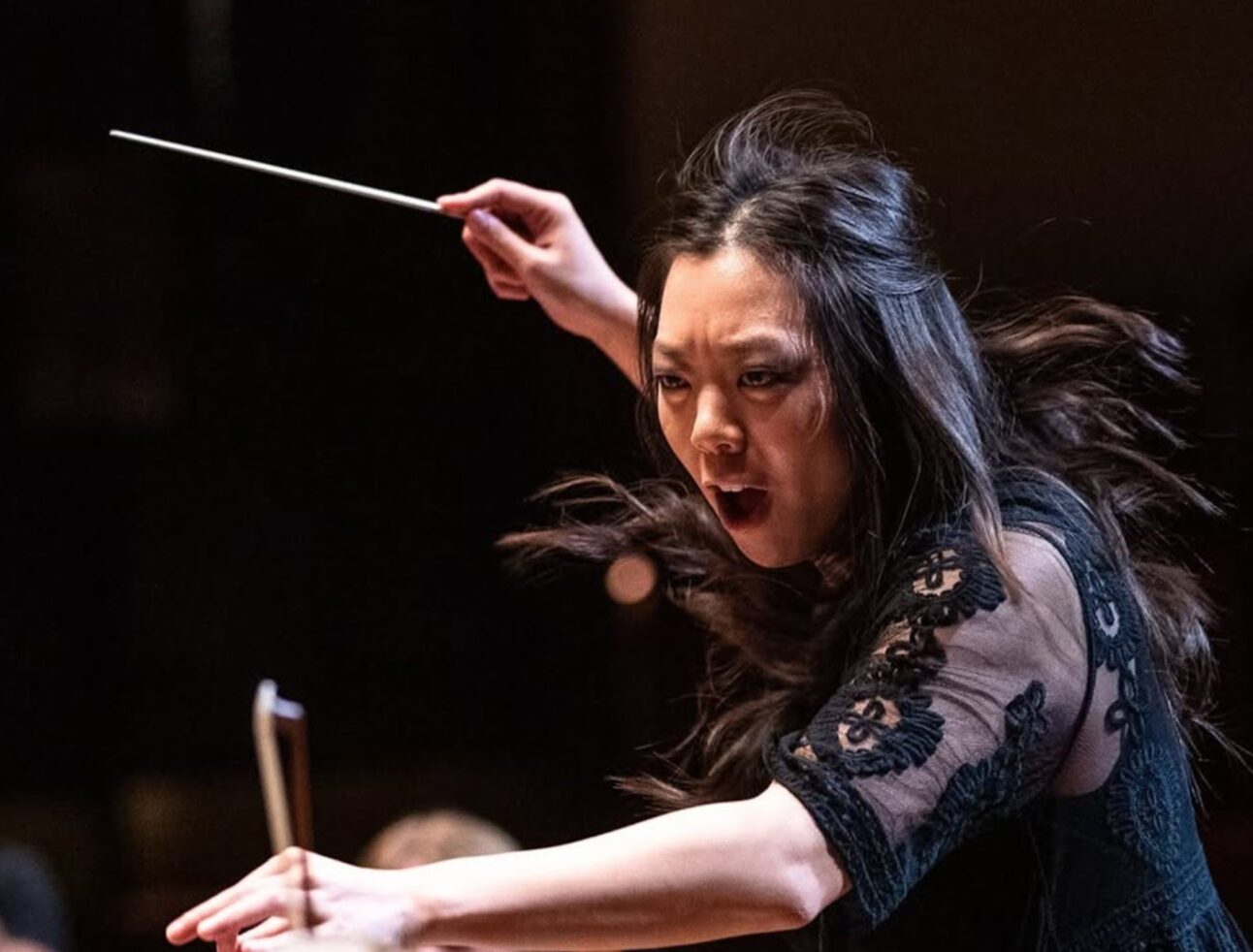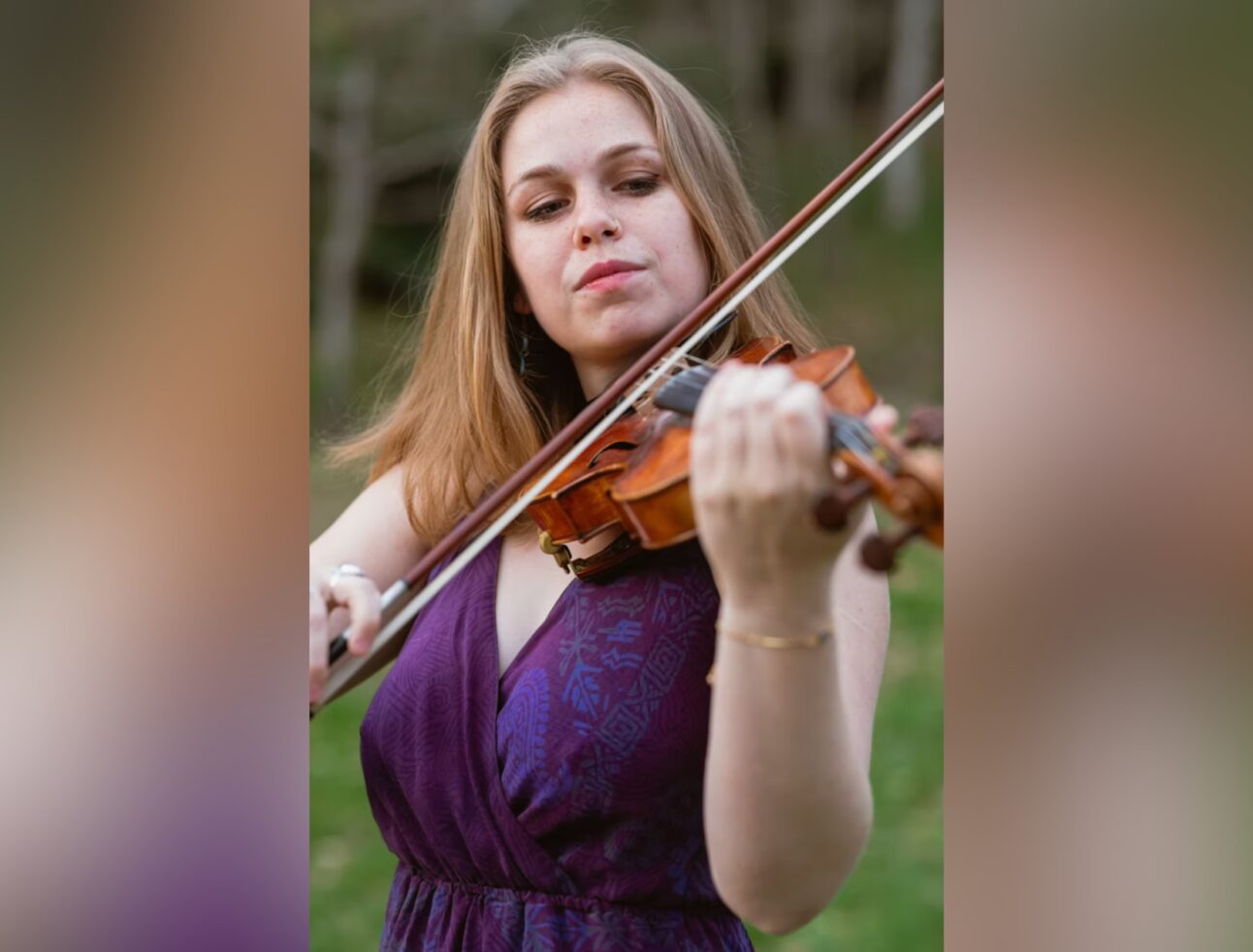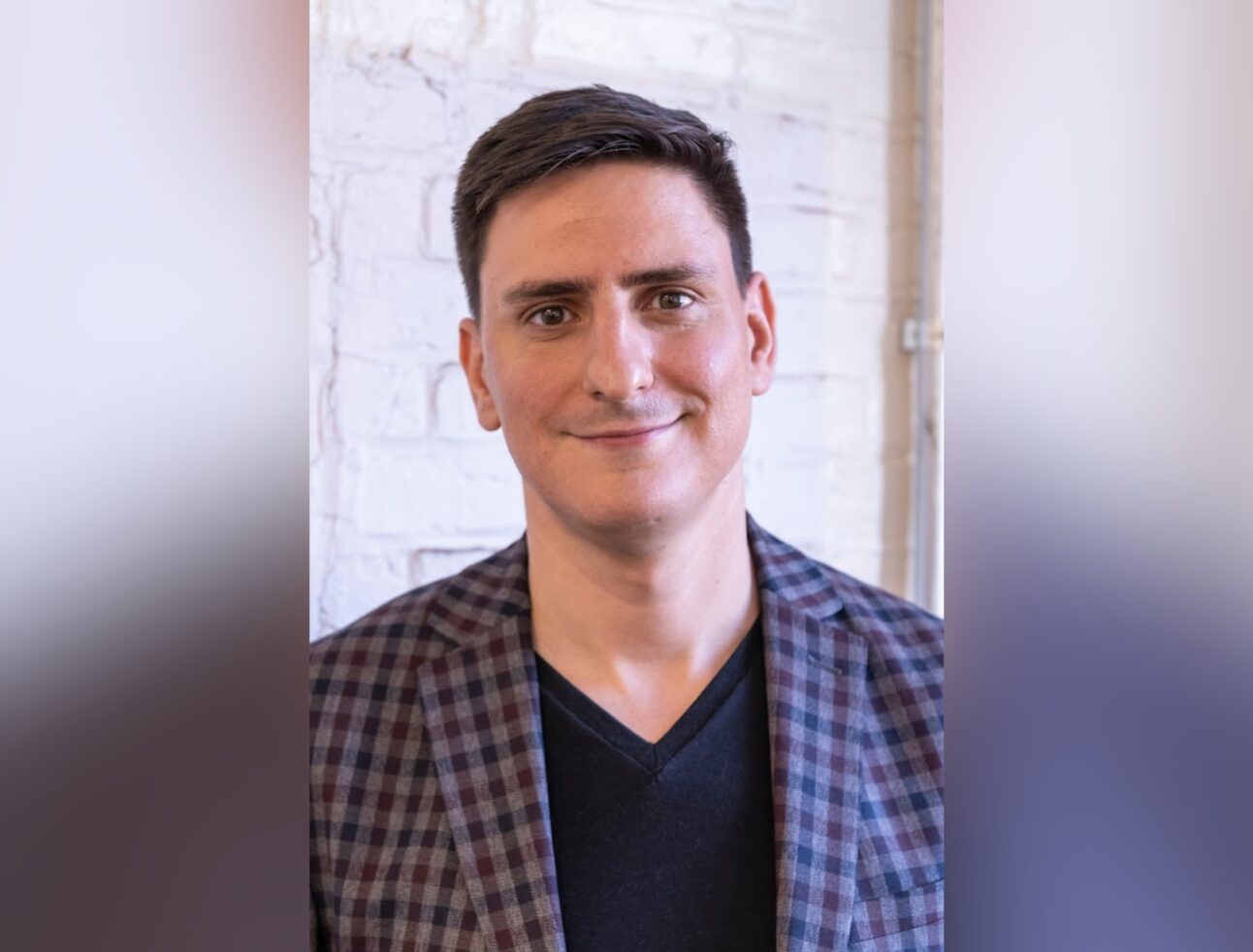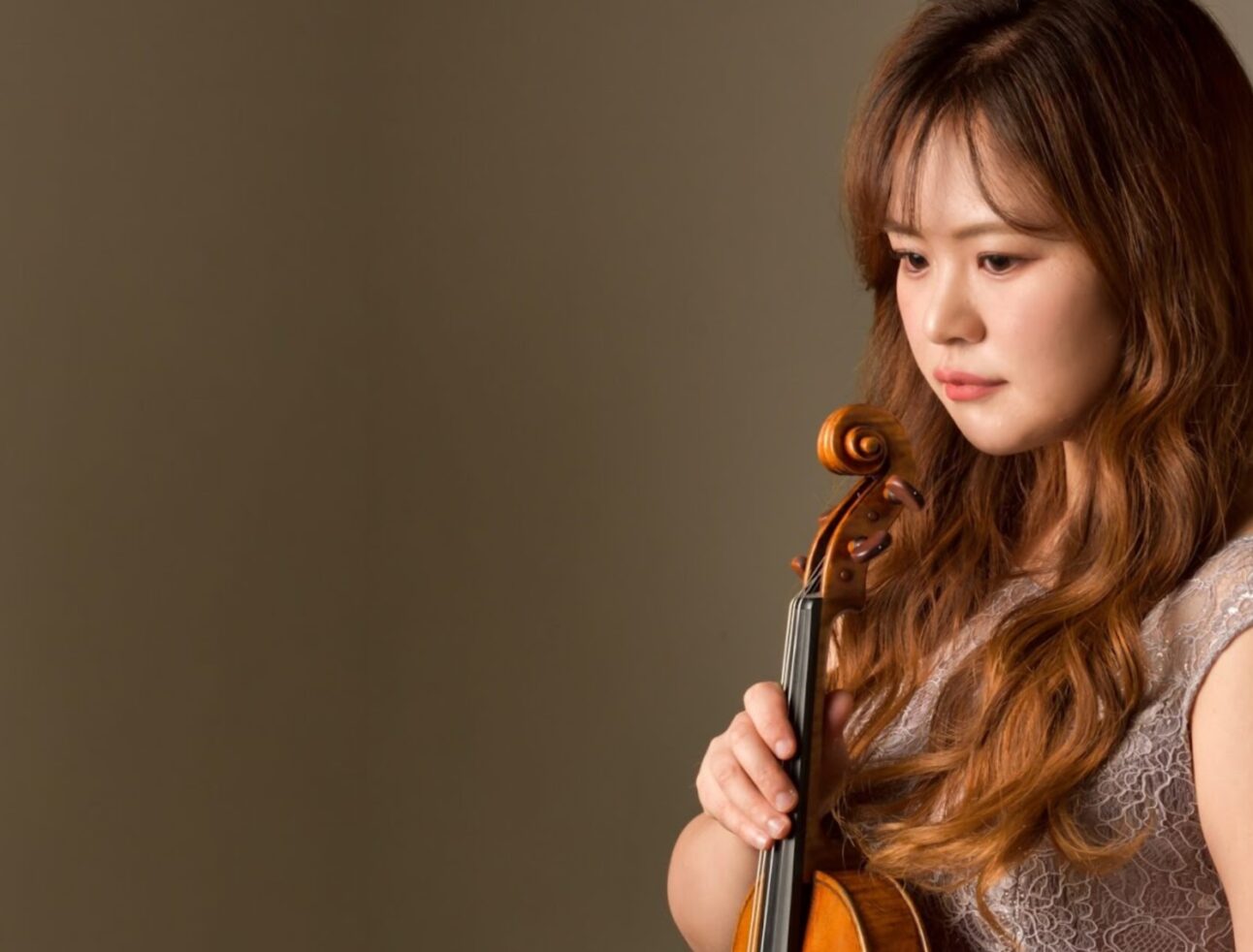This spring, Vocal Performance major Brittany Bryant ’23 became one of the first undergraduates at New England Conservatory to receive a Fulbright fellowship to pursue Italian studies in Enna, Sicily.
Working with Giuseppe Burgio, professor of cultural pedagogy at the Università degli Studi di Enna Kore, Bryant will spend nine months researching the evolution of the Italian language.
“I will be cataloguing ways that Italian linguists and genderqueer Italians have proposed we introduce gender neutral terminology into Italian,” she says. “And then I’m asking if Italian opera—this iconic pillar of Italian culture—can facilitate the integration of this new terminology into Italian society.”
She will also work as a research and teaching assistant, audit classes at the university to supplement her Italian linguistic study and collaborate with other researchers.
The experience is a unique blend of Bryant’s interests in Italian linguistics, culture, and music—an intersection she has explored deeply while at NEC.
“Not only has language study informed my pronunciation, but also semantically, I know the emphasis of a sentence, why the cadence falls at just this moment of the text,” she says. “Having a better idea of the language has allowed me to understand what the composer, or the librettist, or the poet is doing.”
In a conversation with her Italian professor and mentor Francesca Santovetti, Bryant talks about her interest in linguistics and how NEC helped her prepare for the Fulbright fellowship.
When did you start thinking about a fellowship in Italian linguistics and opera?
Bryant: “From my very first class at NEC. I took Italian 1 and it started my passion for the Italian language. That was also when I started experimenting with how I could pursue language study in tandem with my musical studies and focus on the relationship between them. One of the reasons I decided to pursue music was my passion for linguistics, languages and cultural studies.”
You’re excellent in Spanish, German, French, and Italian, and you studied Chinese. What excites you about studying a language?
Bryant: “Learning about cultural perspectives and how language has shaped their perspectives on the world—this is the most interesting part of language study for me. At NEC I’ve had the opportunity to collaborate with students from all over; we have an amazing thriving international student population here. Fostering those friendships through cultural exchanges, language exchanges, and of course, musical exchanges has been critical to my time at NEC.”
What is special about studying languages at NEC?
Bryant: “The integration of music into the language classes. I remember in Italian 1, for our final exam, we had this big project where we had to perform an Italian piece, with Italian lyrics, and give a brief presentation. We worked in groups, so we had musical collaborations, as well as linguistic collaborations. Also, because everyone at NEC is studying music, we all have that shared background in music when coming to the language class.”
How does language study make you a better person, musician, singer, thinker, and engaged citizen?
Bryant: “I think that empathy lies at the foundation of effective language study. You’re seeking not only to memorize vocabulary or understand a grammatical concept, but to effectively learn a language and the culture. You’re learning to step into someone else’s shoes and speak with words that are not your own. You’re learning more empathy, open mindedness, and how to celebrate diversity and cultural understanding.”
What advice would you give to a student who is in their first year of studying a second language?
Bryant: “I want to quote Susan Graham from her recent masterclass at NEC. She was asked for one piece of advice for young musicians trying to make it in the field. She immediately said, ‘Learn the language.’
We have the chance here at NEC to study the languages that are arguably the most important to Western classical music. So, if you’re a Western classical musician, you should take the language studies seriously. Learning Italian can be vital to your career in the future. It will open a whole new world of resources and opportunities.”
